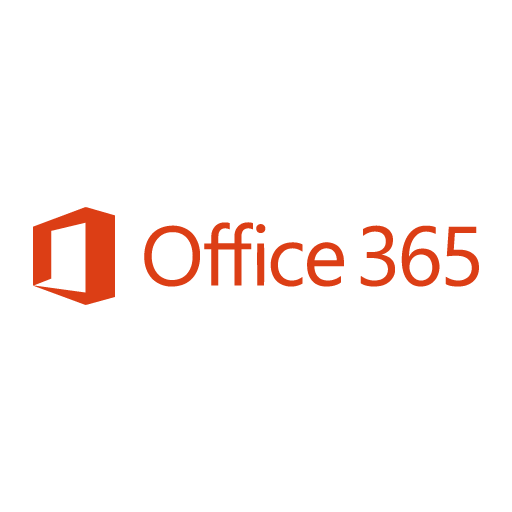On Starting A Personal Injury Law Firm
Hello! Who are you and what are you working on?
My name is Stewart J. Guss, I own and operate a personal injury law firm with a national presence, 7 offices in 3 states, and over 100 employees. 20 years ago, I was a solo practitioner with no employees (and very few clients!)
I’m focused on continuing to grow and develop my business so as to be able to provide the highest quality legal services and results to the broadest range of people in need. Of of the big differentiators for our firm (and part of the key to our success) is that we strive to focus on an excellent client experience as well as excellent legal results. We are a “client first” law firm and truly think of our clients as part of our family.
What's your backstory and how did you get into entrepreneurship?
After I graduated law school, I went to work for a small civil litigation law firm doing appellate work (i.e. fixing other lawyers’ mistakes.) It was a great way to learn my trade! After a while, my boss and I realized that I wasn’t the greatest employee (wanted to do things my way, not good with authority, etc.) We had a parting of the ways, although I’m happy to report we are still friends to this day. In hindsight I...

Download the report and join our email newsletter packed with business ideas and money-making opportunities, backed by real-life case studies.

Download the report and join our email newsletter packed with business ideas and money-making opportunities, backed by real-life case studies.

Download the report and join our email newsletter packed with business ideas and money-making opportunities, backed by real-life case studies.

Download the report and join our email newsletter packed with business ideas and money-making opportunities, backed by real-life case studies.

Download the report and join our email newsletter packed with business ideas and money-making opportunities, backed by real-life case studies.

Download the report and join our email newsletter packed with business ideas and money-making opportunities, backed by real-life case studies.

Download the report and join our email newsletter packed with business ideas and money-making opportunities, backed by real-life case studies.

Download the report and join our email newsletter packed with business ideas and money-making opportunities, backed by real-life case studies.












